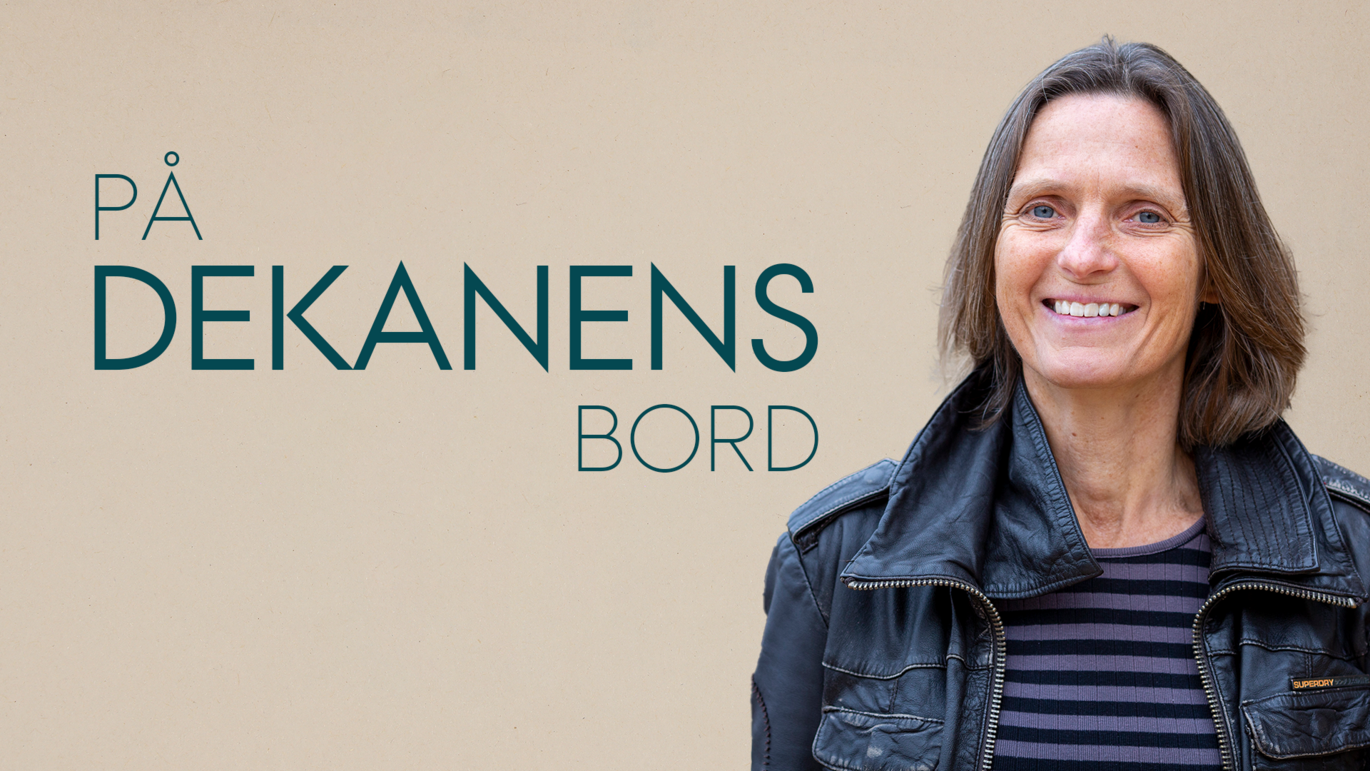From the dean's desk: Christmas thoughts on collaboration and new alliances
Let's make a New Year’s resolution for 2024 to interact more with the world, and in new ways.

Maybe it's because Christmas is getting close, I don’t know, but I'm thinking a lot lately about how we as a faculty can make a difference in the world.
How can we do more than we already are doing to secure health for all?
Research and research-based teaching are our primary tasks here at Health. We know that. We’re good at it and we’ve had a lot of success. So we're already making a huge difference. But we’re also facing increasing demands to contribute to more growth, more welfare and more development, for example through collaboration with business and industry.
This year marks 20 years since the introduction of a Danish university act spotlighting the commercialisation potential of research. As 2024 approaches, our current business initiatives are still not quite getting us there with regard to ensuring knowledge transfer from our academic environments to business and industry, the public sector and civil society. But we’re constantly getting better at it.
As a university employee, you might feel frustrated by having to adhere to the arm's length principle and at the same time having to meet expectations about being able to invoice your research. I fully understand. Some researchers at Health might experience a culture clash between working for human health on the one hand, and being pressured by demands for commercialisation and business collaboration on the other.
Let me first say that I don’t see a contradiction between research and commercialisation. We have plenty of fine examples of commercialisation of research at Health, not least at the Department of Biomedicine, from where the majority of the university’s spinout companies originate.
But collaboration with the outside world is not just about patents and spinouts. Research in the health sciences can have a major impact on society through a variety of value-creating collaboration initiatives with external parties.
For example, when we help reduce health inequalities through our brand new agreement with the NGO Social Sundhed, through which students can accompany and help vulnerable patients from all over Denmark when they go to a doctor, dentist or hospital appointment. It’s a promising alliance, and one that could lead to collaboration projects within education and research.
So, Yes, I’m thinking a lot about our opportunities for interacting more with the rest of society, and how this can help us ensure better health for everyone. I have high expectations for our efforts to establish a life science hub for early-stage spinouts and for our interaction with Beta.Health on clinical health innovation.
Let’s talk more about this in 2024, because external partnerships are yet another way that our research can push the world towards better health.